Louis Joseph Saint-Amans (26 June 1749, Marseille - 29 July 1844, Paris) was a French composer.
Louis Joseph Saint-Amans was born on 26 June 1749 in Marseille. Initially studying to be a lawyer, he abandoned his studies to focus on music.
He travel around southern France with an Italian theater troupe performing opere buffe. He then spent three years in Italy as a tutor to the children of a Swiss baron. Interested in music, he studied the works of Italian composers on his own, ultimately deciding to pursue his own career as an opera composer.
He returned to Paris in 1769 and his first opéra comique, Dom Alvar et Mincia, débuted the following year. He composed several more operas and ballets over the next few years, some of which appeared at the Opéra National de Paris. However, none of these works were met with particular success.
In 1778, he moved to Brussels to become the conductor of the Théâtre de la Monnaie. He finally found success while working in Brussels, enjoying a six-year period of well received compositions. After returning to Paris in 1884, he was appointed professor of singing at the Ecole Royale de Chant (later the Paris Conservatoire).
He continued to write opéras comiques until the early years of the 19th century, but lack of critical acclaim and a move to Brest (following the loss of his position at the Conservatoire) may have led him to abandon composing for the stage during his last 15 years. Over his entire career, Saint-Amans wrote twenty-six operas, of which all but two have been lost. He also composed several religious works including a number of motets and oratorios. In 1807, he composed a Te Deum for Napoleon’s birthday celebrations.
He died on 29 July 1844 in Paris.
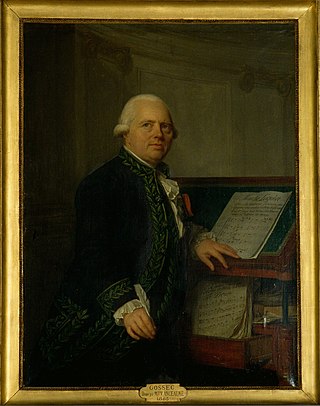
François-Joseph Gossec was a French composer of operas, string quartets, symphonies, and choral works.

Michael Corrette was a French composer, organist and author of musical method books.
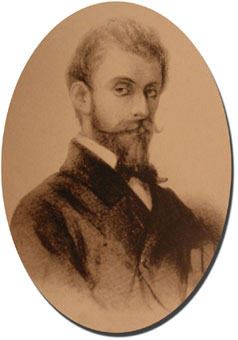
Louis Étienne Ernest Reyer was a French opera composer and music critic.
Jacques Marie Boutet was a French actor and comic playwright from Lunéville. His pseudonym was Monvel. He was a small, thin man without good looks or voice, and yet he became one of the greatest comedians of his time.

Pierre-Alexandre Monsigny was a French composer and a member of the French Académie des Beaux-Arts (1813).
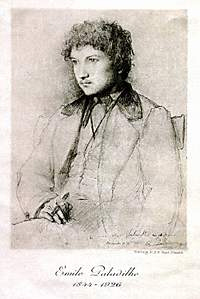
Émile Paladilhe was a French composer of the late romantic period.

Charles-Simon Catel was a French composer and educator born at L'Aigle, Orne.

Xavier Henry Napoleón Leroux was a French composer and a teacher at the Paris Conservatory. He was married to the famous soprano Meyrianne Héglon (1867–1942).

Nicolas Isouard was a Franco-Maltese composer.
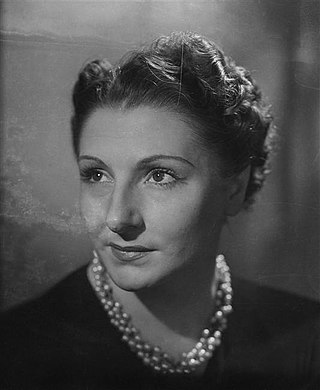
Janine Micheau was a French operatic soprano, one of the leading sopranos of her era in France, particularly associated with lyric soprano and coloratura soprano repertory.
Louis Bruyas, stage and pen-name Bursay, was a French actor and playwright. He was a member of the prestigious Académie des Arcades de Rome.

Jean-Antoine-Nicolas Petipa was a French ballet dancer and the father of Marius Petipa.

Jean-Pierre Solié was a French cellist and operatic singer. He began as a tenor, but switched and became well known as a baritone. He sang most often at the Paris Opéra-Comique. He also became a prolific composer, writing primarily one-act comic operas.
Pierre-Ulric Dubuisson was an 18th-century French actor, playwright and theatre director.
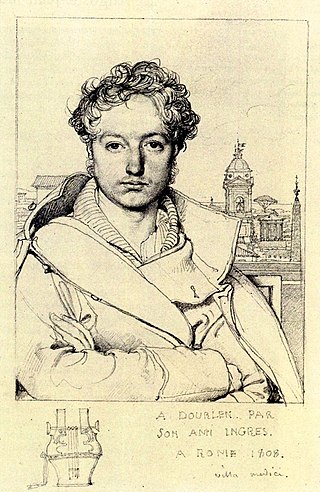
Victor Charles Paul Dourlen was a French composer and music teacher at the Conservatoire de Paris during the first half of the nineteenth century. He is primarily known as a theorist on account of his treatises on harmony, based on the methods of Charles Simon Catel, which were widely used as reference works, especially his Traité d'harmonie, the Traité d'accompagnement pratique, and his Méthode élémentaire pour le pianoforte.

Benoît-Joseph Marsollier (also known as Benoît-Joseph Marsollier des Vivetières, was a French playwright and librettist. He is particularly noted for his work in opéra comique. In 1780 he also led the first exploration of the Grotte des Demoiselles.

François-Louis(-Ferdinand) Henry was a French baritone, who sang for about 35 years with the Opéra-Comique in Paris, where he created numerous leading roles. His stage name was Henri. He has also been referred to as François-Louis Deshayes.
Maurin de Pompigny was an 18th–19th-century French dramaturge and playwright.

Louis-Barthélémy Pradher was a French composer, pianist and music educator.
Omer Letorey was a French composer.